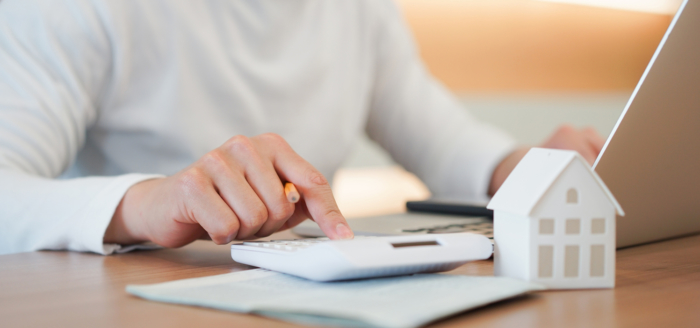

The COVID-19 pandemic has significantly impacted numerous businesses, resulting in the unfortunate possibility of failure and subsequent bankruptcy for many business owners. In such circumstances, individuals may be left wondering about the fate of their homes. If you find yourself in this situation, property accountants can provide valuable insights into the potential implications and help answer the crucial question: “What happens to my home if I become bankrupt?”
Whilst we are not insolvency specialists (we can refer you to an insolvency specialist, if required), the property of a bankrupt will likely vest in the bankrupt’s Trustee. This can include the family home, which also includes the family home owned, where it is jointly owned by a non-bankrupt spouse.
If the Trustee calculates equity in the family home, they will usually negotiate with the non-bankrupt spouse to enable them to acquire the bankrupt’s share of the property. The acquisition is usually required to be at market value, but the Trustee does not have to accept the offer.
If no agreement can be reached, the Trustee can apply to the Court for power to sell the property. The Trustee would usually prefer to reach an agreement with the non-bankrupt spouse as this would usually result in the best result for all parties.
The Trustee then distributes the net sale proceeds to the bankrupt’s estate (and any co-owners, depending on the circumstances) for payment to creditors.
As the Trustee is obligated to try to maximise the payments to creditors, the trustee will investigate the bankrupt’s recent transactions, including claiming a property where:
- The bankrupt has transferred property before being made bankrupt for considerably less than market value (note that a common argument of transferring property for “natural love and affection” is not considered to be market value consideration), and/or,
- Where the bankrupt has contributed to a property not registered in their name.
- It has historically been a common asset protection practice to own the family home in the non-risk partner’s name. However, some recent court cases have resulted in this practice no longer being as secure as previously thought.
In both the Commissioner of Taxation v Bosanac and El-Debel v Micheletto (Trustee), the Full Federal Court upheld that the properties registered in the names of the related entities (including spouse) were held on resulting trust for the bankrupt and were, therefore, assets of the bankrupt.
If you have any concerns about your business’s solvency, please get in touch with the Kreston Stanley Williamson team for help before it is too late. With the assistance of insolvency specialists, there are some steps that you can take to ensure you end up in the best possible position.
In conclusion, when facing the possibility of bankruptcy, it is crucial to seek professional advice to understand the implications for your home. By engaging with experts in the field, you can navigate the complex landscape of bankruptcy proceedings, protect your assets to the fullest extent possible, and work towards a favorable outcome for all parties involved.
Kreston Stanley Williamson
Author – Zane Grigg
*Correct as of 19 April 2022
*Disclaimer – this article has been produced by Kreston Stanley Williamson as a service to its clients and associates. The information contained in the article is of general comment only and is not intended to be advice on any particular matter. Before acting on any areas contained in this article, it is imperative you seek specific advice relating to your particular circumstances. Liability limited by a scheme approved under professional standards legislation.













